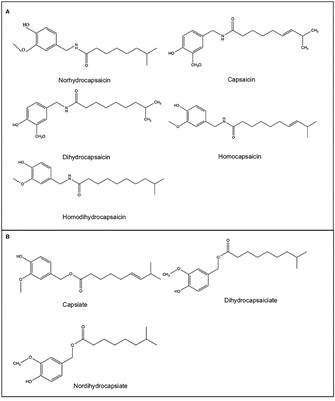EDITORIAL
Published on 25 Oct 2021
Editorial: Re-valorization of Food Losses and Food Co-products
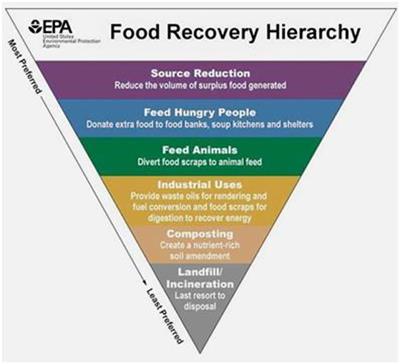
doi 10.3389/fsufs.2021.779734
- 858 views
- 1 citation
8,437
Total downloads
43k
Total views and downloads
EDITORIAL
Published on 25 Oct 2021

PERSPECTIVE
Published on 27 Sep 2021
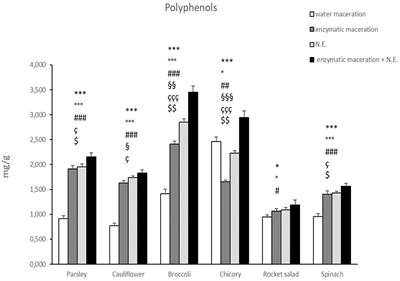
REVIEW
Published on 08 Jul 2021
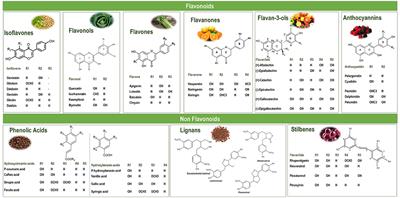
REVIEW
Published on 10 Jun 2021
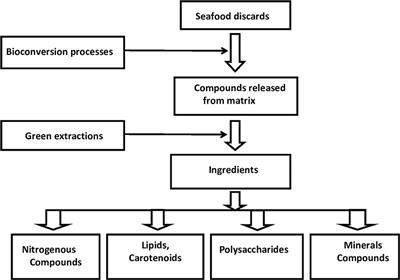
REVIEW
Published on 05 May 2021
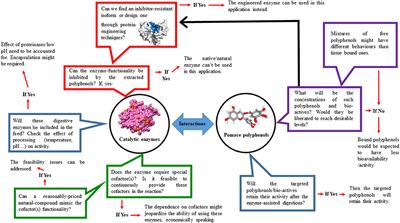
REVIEW
Published on 18 Jan 2021
